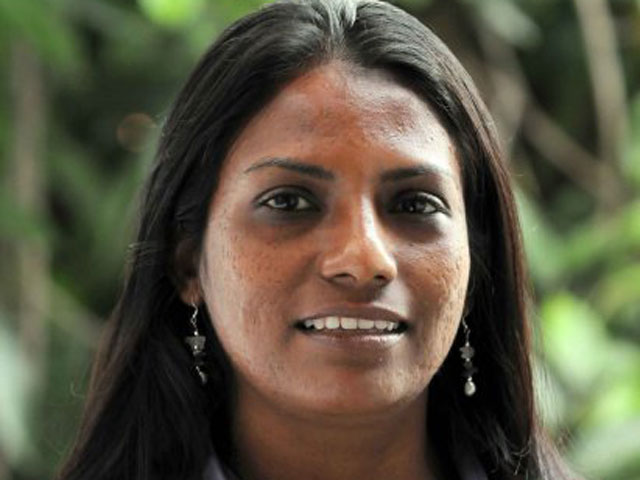Independence Day Message
As the country thinks back on the 66 years since its independence, there is unanimous agreement that the nation has failed to achieve any of the aspirations of independence. What is most glaringly horrendous is the vast numbers of crimes that are taking place. As a consequence, people are living in fear and without a sense of being protected by the state. All agencies that are supposed to be involved in making the country a safe place have become dysfunctional.
 Former AFP reporter Mel Gunasekara’s horrendous murder came just two days before the independence day commemorations. According to reports, she was killed while she was at home alone on Sunday morning. She was stabbed and cut. Such crimes are often reported from around the country. There are many professional killers with developed skills available to be put to use by anyone who wishes to have one of his or her enemies eliminated. Such killers are a ‘gift’ from the war. A sophisticated killer can be at anyone’s door at any time.
Former AFP reporter Mel Gunasekara’s horrendous murder came just two days before the independence day commemorations. According to reports, she was killed while she was at home alone on Sunday morning. She was stabbed and cut. Such crimes are often reported from around the country. There are many professional killers with developed skills available to be put to use by anyone who wishes to have one of his or her enemies eliminated. Such killers are a ‘gift’ from the war. A sophisticated killer can be at anyone’s door at any time.
The government is least perturbed by such killings and does very little to investigate or prosecute such crimes. What is worse is that, often, when such crimes take place, the public perception – rightly or wrongly – is that the government itself is behind the killings. Stopping murder or any other serious crime does not appear to be a serious objective pursued by the government.
The de facto Chief Justice of the country, Mohan Peiris, went on record recently stating that the rule of law is not practiced anywhere. This does not appear to be a slip of the tongue but, rather, the overall approach of the government on the issue of rule of law. The very manner in which Chief Justice Dr. Shirani Bandaranayake was removed and Mohan Peiris was appointed was an open mockery of law.
The heart of the matter is that legality or illegality are not matters of significance regarding the actions of the government. The government does whatever it wants to do without any regard as to whether its actions are legally justified or not. Further, hardly any avenue is available for the citizen to challenge the legality of the actions of the government.
The adverse impact of the virtual removal of the 17th Amendment to the Constitution by the adoption of the 18th Amendment has been talked about so much that it hardly needs to be elaborated here. The result of that change was to make all the public institutions of the country dysfunctional. When the public institutions are dysfunctional, there are no valid instruments for a government to carry out its public functions, which includes the duty to protect citizens from crime.
The tamashas of elections which are offered from time to time are no indicators of democracy. It is unfortunate that there is comparatively little resentment from the people about the manner in which they themselves are turned into a spectacle without meaning during such elections.
In short, the day of independence has turned out to be a day that reminds people of their fears and helplessness, rather than a day that they could celebrate with pride and hope.